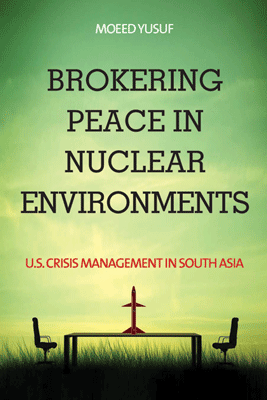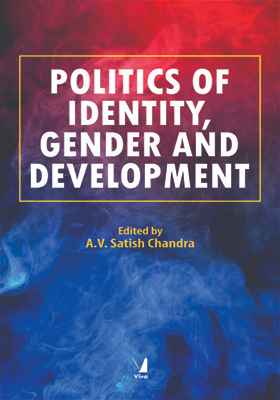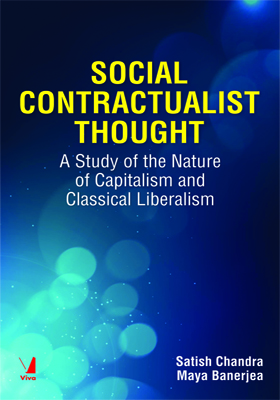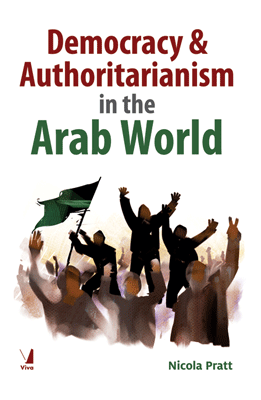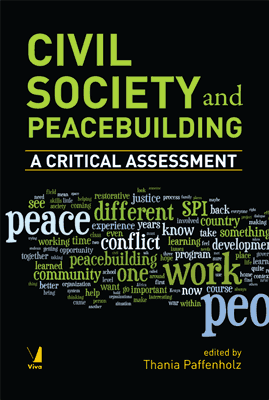Brokering Peace in Nuclear Environments
Brokering Peace in Nuclear Environments
U.S. Crisis Management in South Asia
₹3,775.50 ₹4,195.00 Save: ₹419.50 (10%)
Go to cart-
Out of Stock
ISBN: 9781503604858
Bind: Hardbound
Year: 2018
Pages: 324
Size: 6 x 9 Inch
Publisher: Stanford University Press (Combined Academic Publishers)
Published in India by: .
Exclusive Distributors: Viva Books
Sales Territory: India, Nepal, Pakistan, Bangladesh, Sri Lanka
"This outstanding book serves as a sobering reminder of the dangers that crises between regional nuclear actors pose to global peace. One of the world's foremost experts on U.S. policy towards South Asia, Moeed Yusuf has produced powerful original scholarship that emphasizes the critical role the United States has played, and must continue to play, in managing these crises. An absolute must read for policy makers."
—Stephen J. Hadley, former U.S. National Security Advisor
"Brokering Peace in Nuclear Environments expands our understanding of a new, dangerous frontier in international security: the bargaining and decision-making of regional nuclear rivals. Moeed Yusuf illuminates these dynamics in surprising ways, weaving together insights from theories of nuclear strategy and diplomacy, third-party conflict management, and unipolarity. The study gives us much to think about as we consider how similar nuclear crises in South Asia, and other regional contexts, could unfold."
—Timothy Crawford, Boston College
"In this important new book, Moeed Yusuf shows that the nuclear crises of today are multiplayer games and that the role of the third-party mediator may in fact be the most important. A truly valuable theoretical and empirical contribution."
—Vipin Narang, Massachusetts Institute of Technology
Description:
Nuclear deterrence strategies remain rooted in Cold War models that do not take into account conflict between regional powers. Brokering Peace in Nuclear Environments offers an innovative theory of brokered bargaining to better understand and solve regional crises. Drawing on the history of conflict in nuclear South Asia, Moeed Yusuf describes the potential for third-party intervention to avert nuclear war. Moving beyond the widely accepted rational deterrence model, Yusuf offers an original perspective rooted in thoughtful analysis of the ways regional powers behave and maneuver in response to the pressures of strong global powers. With depth and insight, this book urges the international community to rethink its approach to nuclear deterrence.
Target Audience:
People interested in Security Studies/Crisis Management as well as Policy Makers
Contents:
Acknowledgments
Introduction: Regional Nuclear Crises in a Unipolar World
Section I: Conceptual and Theoretical Issues
Chapter 1: Understanding Nuclear Crisis Behavior: A Survey of the Literature
Chapter 2: Setting Up the Inquiry: An Introduction to Brokered Bargaining
Section II: India-Pakistan Crises in the Overt Nuclear Era
Chapter 3: The Kargil Crisis
Chapter 4: The 2001-2002 Military Standoff
Chapter 5: The Mumbai Crisis
Section III: Lessons and Implications
Chapter 6: Brokered Bargaining: Observations and Lessons for South Asia
Chapter 7: Beyond South Asia: Generalizing the Application of Brokered Bargaining
Chapter 8: Brokered Bargaining: Implications for Theory and Practice
Appendix
Notes
Index
International Affairs
Magazine - 01/May/2019
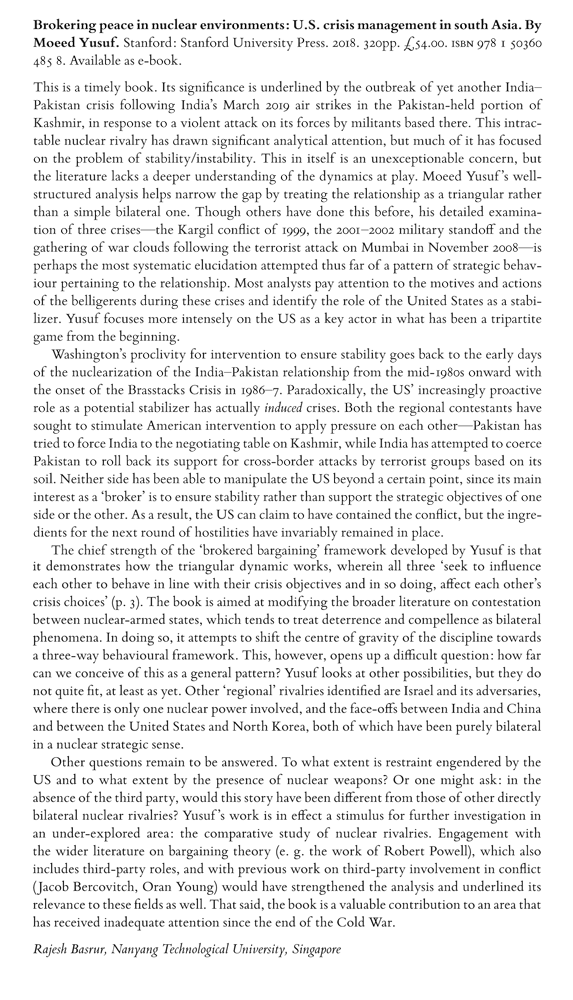
Institute of Peace and Conflict Studies
Other - 05/Jun/2018

Dawn
Magazine - 24/Jun/2018

Pakistan Politico
Magazine - 06/Jan/2018

About the Author:
Moeed Yusuf, PhD is Associate Vice President of Asia Programs at the United States Institute of Peace. He is the editor of Pakistan's Counterterrorism Challenge and Insurgency and Counterinsurgency in South Asia and co-editor of South Asia 2060 and Getting in Right in Afghanistan.
